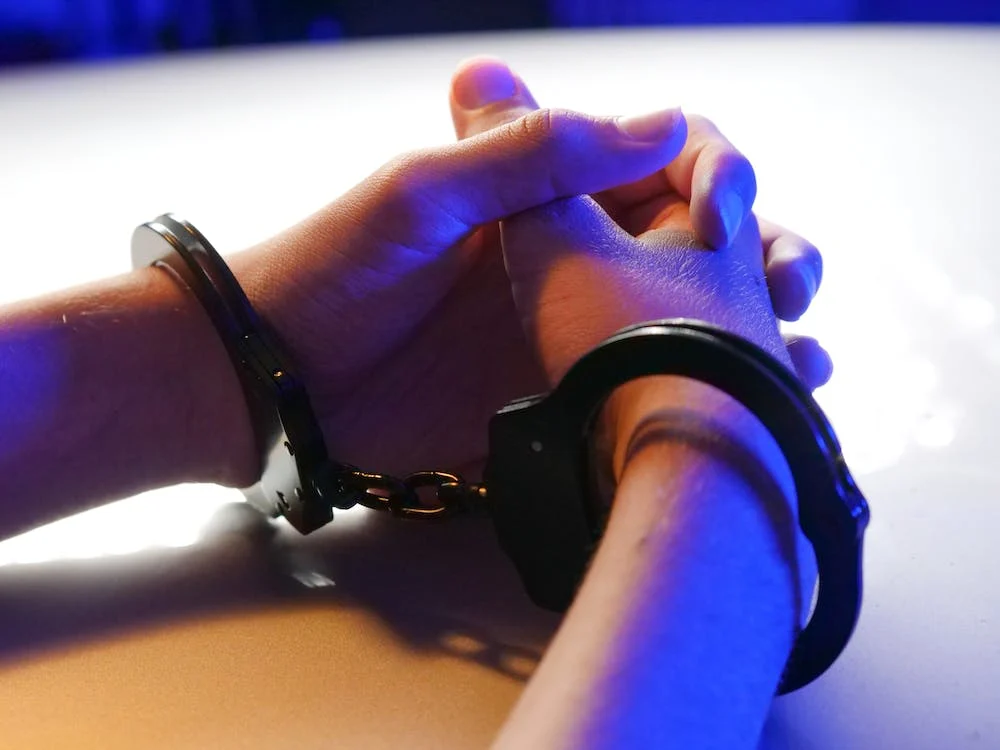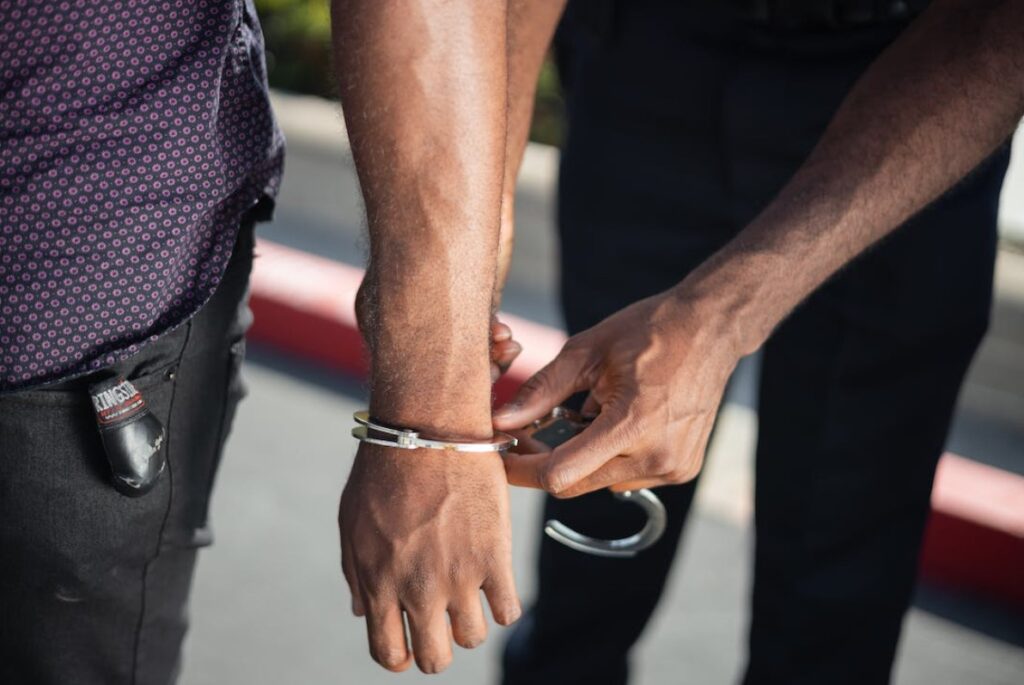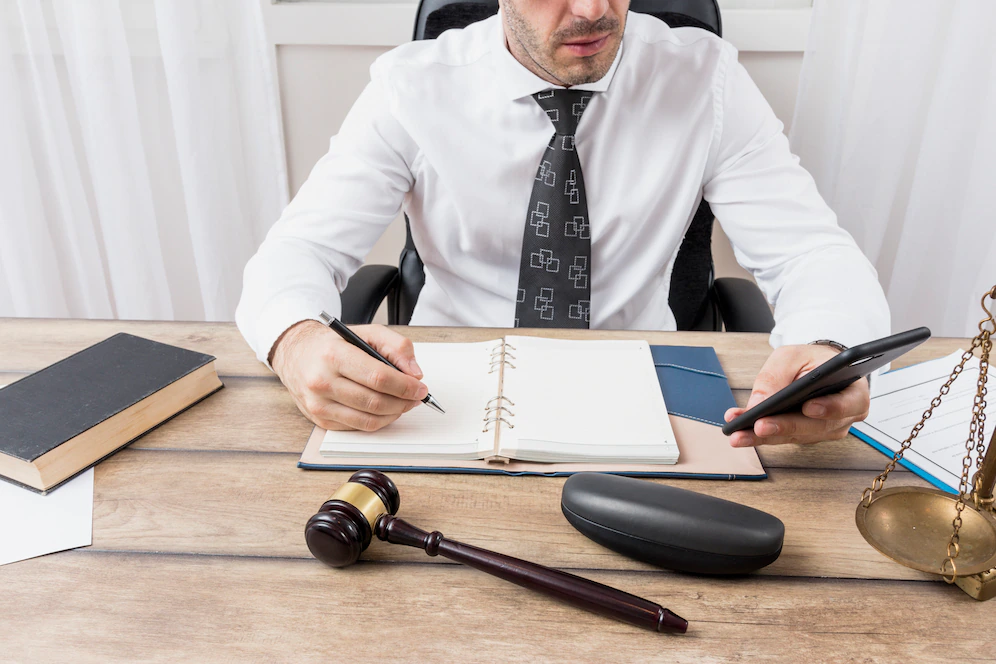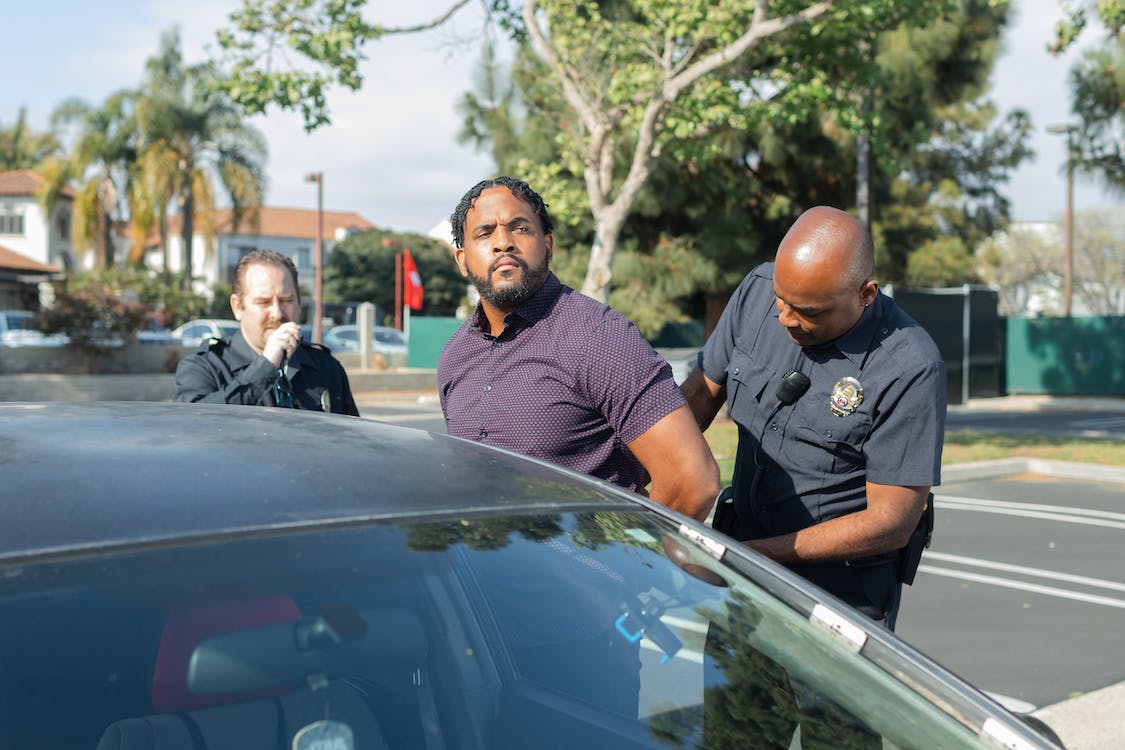Unfortunately, there are a lot of misunderstandings about when police officers must read a person the Miranda warning due to media dramas and movies. For instance, many people think that if the police do not read the Miranda warning, the case is immediately dismissed by the court. Although not reading you the Miranda warning could impact your case, it does not necessarily imply you are free to go.
Many people believe your case is automatically dismissed if the police fail to read your Miranda rights at the time of arrest, but that is not the case. You can click here to get in touch with a professional and learn more about your rights.
What are your Miranda rights?

Source: pexels.com
The Miranda warning states that a police officer should always inform you of your Miranda rights after arresting you and before interrogation. AN officer must inform you of these rights:
● You can remain silent and chose not to answer.
● Every word you speak will be used against you in a court of law.
● You have the right to get a lawyer.
● You have the right to have the lawyer present with you during interrogation.
● The court can appoint a lawyer on your behalf if you do not want to hire privately.
The 1966 Miranda v. Arizona ruling by the US Supreme Court established the rule. The court ruled that an individual must be informed of these rights before being interrogated by police when they are holding them in a facility.
When are you considered to be in custody?
If you can not leave or if your freedom of movement is significantly restricted, you are considered to be in custody.
As a result, you might be detained by police while in jail or in the trunk of a police car. You might, however, be detained by the police even while you are in the midst of a street or a store.
If the police are holding you, they must issue you a Miranda warning before questioning you and using your responses against you in court. There is no legal duty to read your Miranda rights if you are not in custody, though.
Therefore, even though the police did not read you your Miranda rights, everything you say while not in detention may be used against you. Only when a person is being questioned by law enforcement officials AND is being held in custody does the Miranda warning need to be read.
Police officers frequently delay making an arrest and even give people the option of leaving. By doing this, the authorities will have the ability to apprehend them and use any damning evidence they may have provided as evidence against them in court.
If the authorities did not read the Miranda warning, will the charges against them be automatically dropped?

Source: freepik.com
Even though the police never read you the Miranda warning, the criminal accusations against you may nonetheless go forward in court. Without your statements, the prosecution may still be able to secure a conviction.
Should you answer the police’s questions?
Even if you are innocent, speaking with the authorities is typically not to your best advantage without a criminal defense attorney present. Utilizing your right to silence is constantly in your best interest.
The police could want your name and address from you. You are not compelled to give a statement or respond to inquiries. The police may interview and press you further, but you are free to keep quiet until an attorney is present.
You are free to exercise your fundamental rights without having to “stay silent.” You can politely decline to speak with the cops or provide any information until a lawyer is present. You may then choose to remain silent if the authorities keep pressing the issue.
However, make it apparent that you wish to talk with a criminal defense lawyer. Asking if you need legal representation does not constitute a request for legal advice. Before answering any questions, you must indicate that you want to meet with a criminal defense lawyer.
Never consent to legal representation or sign anything without a lawyer present.
What Occurs If the Police Infringe on My Rights While Questioning Me?

Source: freepik.com
Your criminal defense attorney may submit a motion to suppress data if you are being questioned by police while being held without being informed of your rights. The motion argues that any evidence obtained against your constitutional rights cannot be used in court. Evidence that is not allowed in cannot be employed against you.
Therefore, a judge can decide that your remarks cannot be utilized in court if the police officers disregard the Miranda warning. There may or may not be sufficient evidence for the prosecution to win a conviction. Both the prosecutor and the court have the option of dismissing the case.
What happens if you are not read your Miranda rights?
Your constitutional rights are violated when police question you while you are being held without warning you of your rights. Your criminal defense attorney then submits a motion to suppress information.
Your testimony is not admissible in court, even if the judge rules in your favor. If there is insufficient evidence to establish your guilt without your statements, the judge may decide to drop the criminal charges.
In general, speaking with the police or a prosecutor without a criminal defense lawyer present in the room is not advisable.
You are entitled to legal representation. Even if you are innocent, you should use that right anytime you are detained for a crime.
During an interrogation, police personnel may lie to you. Numerous law enforcement officials frequently employ this method to induce you to implicate yourself. The more you talk, the more likely it is that you will say something that could get you in trouble and be punished criminally.
Schedule a consultation with an attorney today

Source: freepik.com
If you have been taken into custody by the police but were not read your rights, you should talk to a lawyer. Schedule a consultation with an experienced lawyer today and protect your rights.













